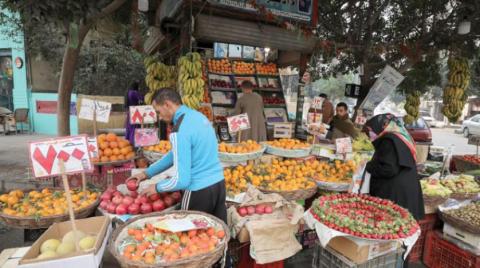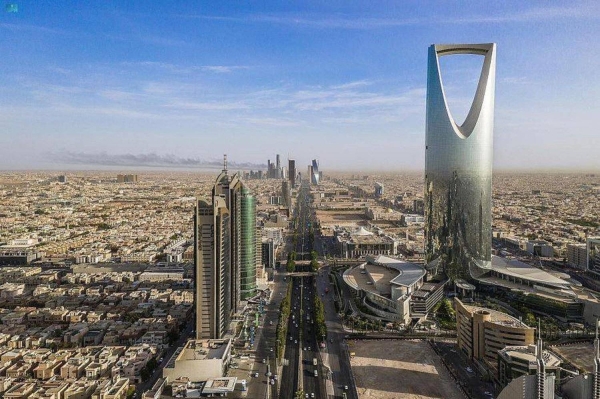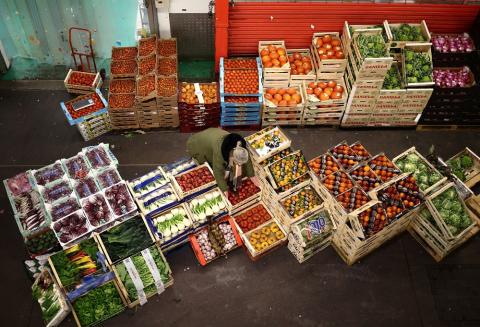
Egypt's annual urban consumer inflation rose sharply in December to 21.3 percent, its highest level in five years, according to Central Agency for Public Mobilization and Statistics (CAPMAS).
The inflation rate in December was the highest since 2017 when it reached 21.9 percent.
The rise from 18.7 percent in November followed a currency devaluation in October and restrictions on imports.
However, the International Monetary Fund (IMF) expected the inflation to ease to around seven percent by the fiscal year 2024-25.
During a virtual press conference, IMF Assistant Director and Mission Chief for Egypt, Middle East, and Central Asia Department Ivanna Vladkova Hollar estimated a financing gap of about $17 billion over the next four years.
The government directed its ministries to cut unnecessary spending until the end of next June, as it is trying to cope with high inflation and constant pressures on its currency.
The decision, dated Jan. 4 and published in the official gazette this week, includes the postponement of any new national project heavily reliant on foreign currency and requires ministries to seek finance ministry approval on foreign currency expenditure.
The health, interior, foreign, and defense ministries are exempted, as well as agencies tasked with expenditure on subsidized food products and energy.
Some activities listed as non-essential spending include travel, marketing, and conferences, as well as grants and training for employees. The decision had no detail on how much money could be saved.
The move comes as Egypt has faced a foreign currency shortage despite allowing the Egyptian pound to depreciate sharply in recent months, most recently last week.
Egypt has spent heavily on large infrastructure projects in recent years. These include a new capital city east of Cairo and extensive road building, which helped sustain economic activity through the COVID-19 pandemic but have also faced criticism.
As Egypt came under financial pressure in early 2021, the central bank imposed curbs on import financing, causing a heavy backlog of goods at ports.
The reversal of the curbs was a vital requirement of a 46-month financial support package from the International Monetary Fund confirmed in December. Greater exchange rate flexibility was another condition of the IMF deal.
Meanwhile, the World Bank expected growth in Egypt to slow to 4.5 percent in FY2022/23, as high inflation erodes real wages, weighing on domestic consumption.
In its recent report, "Global Economic Prospects," the World Bank warned that weakening external demand growth is also likely to limit activity in the manufacturing and tourism sectors.
Fiscal and monetary policy tightening to rein in high inflation and a large current account deficit are expected to restrain growth further.
The report noted that authorities are gradually dismantling new import rules to contain a balance of payment pressures. However, continued trade disruptions may still occur from, for example, rules governing the sourcing of foreign currency.
Another report by IMF experts showed that according to a letter of intent that Egypt committed to before approving the last loan of $3 billion, the government said it would allow most fuel product prices to rise until they were in line with the country's fuel index mechanism to make up for a slowdown in such increases over the last fiscal year.
Under the facility, the IMF will provide Egypt with about $700 million in the fiscal year that ends in June.
The World Bank will cover $1.1 billion of the year's remaining $5.04 billion financing gap, the Asian Infrastructure Investment Bank $400 million, the African Development Bank $300 million, the Arab Monetary Fund $300 million, the China Development Bank $1.0 billion and public asset sales $2.0 billion, the letter said.
Egypt said it had secured assurances that $28 billion in deposits by Gulf states in the Egyptian central bank would only mature after Sept. 2026 and would not be used to buy equities or debt.












